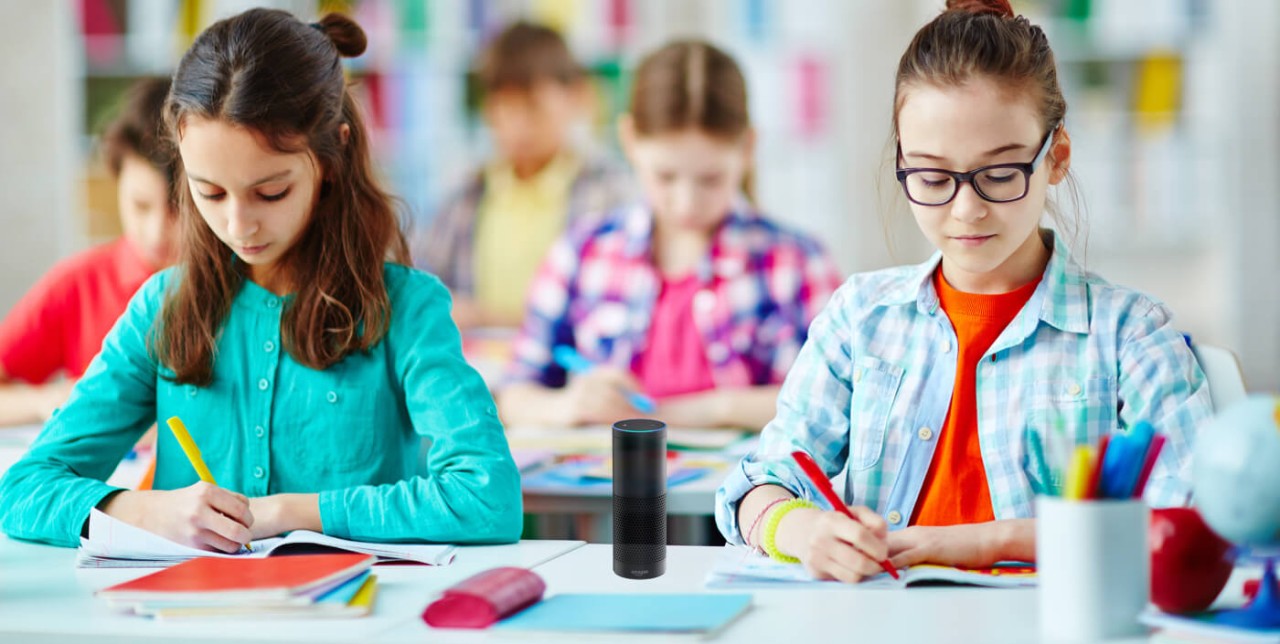
education
Education has transformed from traditional, teacher-centered methods to more student-focused, technology-driven approaches. Emphasis is being shifted from rote memorization to critical thinking, creativity, and problem-solving.
While COVID-19 left a void in traditional learning and created a vacuum in social interactions, it also forced the education system to innovate and adapt. The shift to digital learning and hybrid models has expanded accessibility and flexibility, paving the way for a more inclusive and technology-driven future in education.
The world is rapidly evolving. From automation and artificial intelligence to globalization and environmental challenges, the demands of the 21st century require a transformation in how we educate future generations. Education systems must evolve which should not only equip students with knowledge, but also to prepare them for a future which is dynamic, interconnected, and unpredictable. This transformation of education should focus on several factors like developing critical skills, integrating technology, continuous and consistent learning, fostering entrepreneurship and innovation, focussing on social and emotional intelligence, global and cultural awareness, industry collaboration, sustainability and ethical learning.
Let’s dive into these in more detail
Developing critical skills
Education systems are shifting their focus from rote memorization to fostering these core competencies. Critical thinking, creativity, problem-solving, emotional intelligence, and adaptability are the need of the hour. For example, instead of simply learning facts, students should be encouraged to engage in real-world problems. Additionally, soft skills such as communication, emotional intelligence, and teamwork should also be emphasized which would enable students to equip themselves to thrive professionally as well as in their personal lives.
Integrating Technology
Technology is reshaping both the workplace and the classroom. The integration of technology in education is underway with tools like online learning platforms, virtual classrooms, and digital simulations, allowing students to engage with materials in new and dynamic ways. Educational institutions are also embracing Artificial Intelligence (AI), virtual reality (VR), and augmented reality (AR) to enhance the learning experience.
So how does these technologies help students in shaping their career? Well, it enables practical learning. For instance, VR can provide medical students with virtual dissections or allow history students to “walk” through ancient civilizations, making learning more engaging and effective. By embracing these technological advances, education is becoming more inclusive, ensuring that every student has the opportunity to develop the skills that they need to succeed.
Continuous and consistent learning
The future of work will not only require individuals to acquire new skills but also to continuously update them. Educational institutions should be instrumental by offering flexible learning options, such as online certifications, and short courses that allow individuals to stay relevant in their chosen fields. Continuous learning also includes fostering a mind-set that values curiosity and adaptability.
Entrepreneurship and Innovation
Students should be motivated to work on entrepreneurial projects by creating innovation labs, incubators, and maker spaces where they can experiment with ideas and build prototypes.
Project-based learning should be encouraged where students will learn to tackle real-world problems, innovate solutions, and work on entrepreneurial ventures.
Focussing on Emotional and Social Intelligence
Education systems are placing more emphasis on teaching empathy, communication skills, leadership, and teamwork.
Schools should ensure that they create an environment that foster collaboration, mindfulness, and emotional resilience, preparing students to manage stress, relationships, and challenges in the modern workplace.
Global and Cultural Awareness:
Educational systems have started incorporating global perspectives, teaching students about diverse cultures, global issues, and sustainable practices.
Focusing on language skills, international exchanges, and cross-cultural communication will help students get ready for careers in a global job market.
Industry Collaboration
To prepare the children for the future, educational institutions are partnering with industries through internships and collaborations with tech companies. These initiatives will provide students with hands-on experience and the skills employers seek.
Sustainability and Ethical learning
Education is increasingly focusing on environmental issues, social responsibility, and ethical leadership in response to global challenges. This shift equips students with the knowledge and skills needed to address pressing global challenges, fostering a generation of responsible leaders and change-makers.
Conclusion
Transforming education means going beyond preparing students for specific careers—it involves equipping them with a wide array of skills that can help them navigate a complex and rapidly changing world. By focusing on a flexible, skills-based, and holistic approach to learning, we can better prepare students for the future challenges and opportunities they will face in their personal and professional lives.
By: Jayashree Sriram
Write and Win: Participate in Creative writing Contest & International Essay Contest and win fabulous prizes.


